Ofsted requirements after-school clubs need to meet
Extracurricular activities – or after-school clubs – aren’t only handy for working parents looking for an extra hour on top of the school day. These clubs provide enriching and fulfilling experiences for children of all ages and abilities. No matter what their interest, they can find clubs relating to art, dance, knitting, karate, football and of course a whole host of other sports.
In this article we’re going to put a spotlight on what it means to run after-school clubs at your school; why they are so beneficial and how to make sure you’re Ofsted compliant.
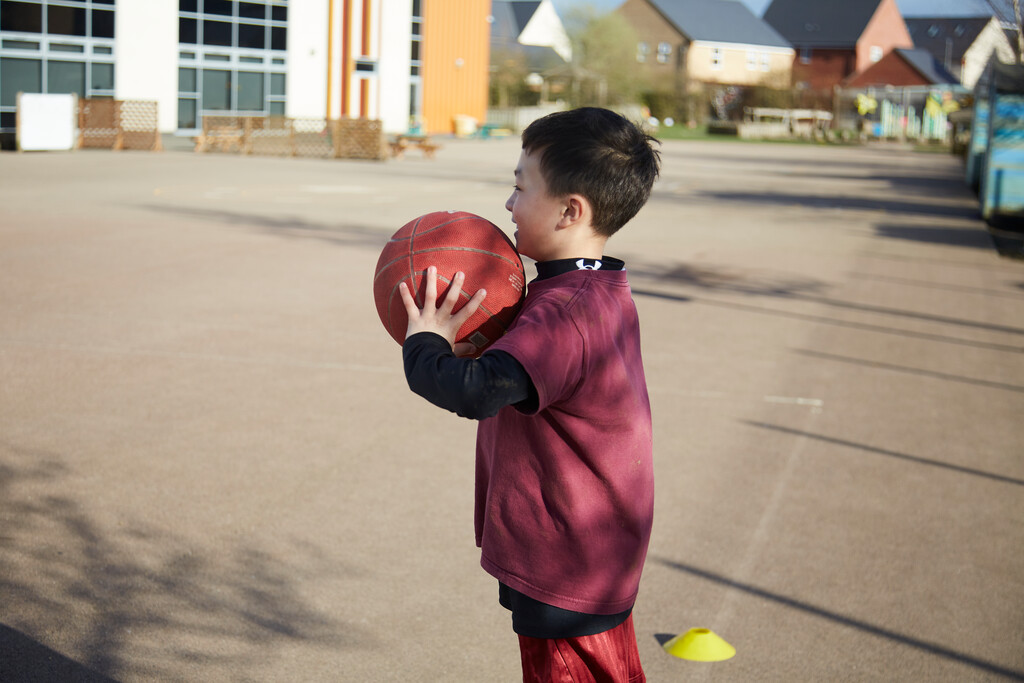
What is the meaning of an after-school club?
It’s important to make the distinction between after-school clubs and wraparound childcare. After-school clubs are run either by the school or by an external provider, like ourselves at Premier Education, and take place immediately after the school day, for an hour or so.
These clubs usually have a specific focus – a particular sport or interest that isn’t generally catered for within the school curriculum.
Wraparound care is a type of childcare for primary school-age children, to provide additional support for working parents who need reliable childcare during the before and after school periods. This type of care involves breakfast clubs as well as after-school clubs, but these clubs typically run until around 6pm to allow parents to get home from work.
These sorts of clubs provide children with a range of activities to keep them busy until they are collected. Children can expect to play games, draw, catch up on homework tasks and reading, and enjoy some energetic physical activity.

What are the benefits of after-school clubs?
After-school clubs aren’t just a fantastic way for children to enjoy an hour dedicated to their interest – they bring a wealth of invaluable benefits to every child.
- Developmental benefits: School clubs are a great social opportunity, so help to develop social skills and teamwork as well as build motor skills and strengthen friendships.
- They help get kids moving: While this may not apply to chess club, for example, many after-school clubs are sports-based, providing additional opportunities for children to get active and burn off any extra energy at the end of the school day.
- Boost academic performance: Children who take part in extracurricular activities perform better at school – particularly those children from poorer backgrounds. This can be attributed to the additional skills learned through the clubs, which translate to improved classroom behaviour and learning ability.
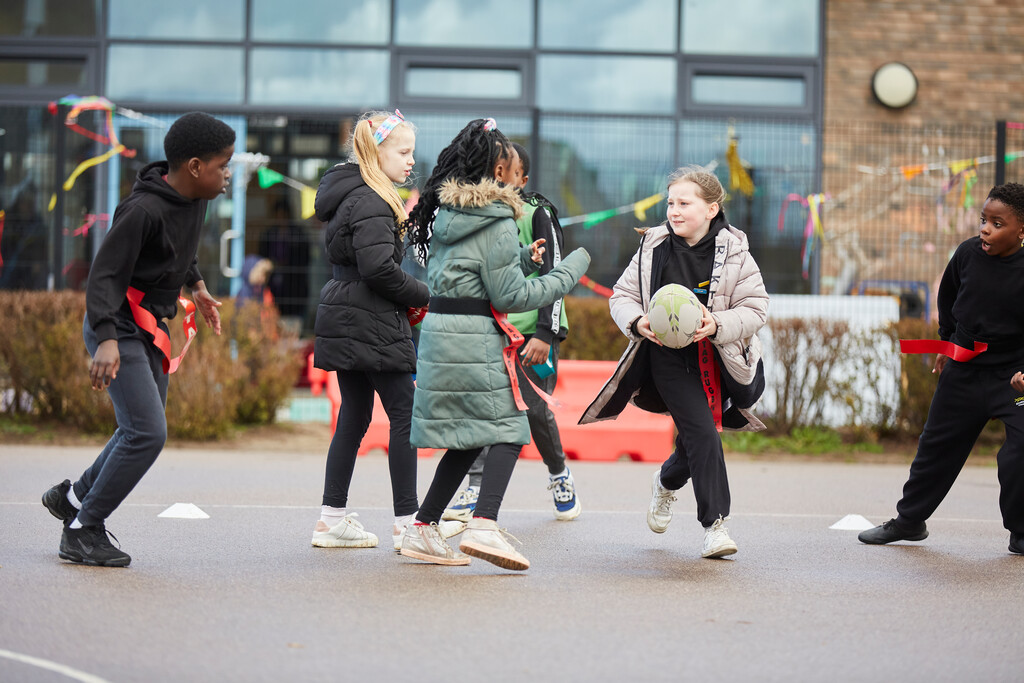
Do after-school clubs have to be Ofsted registered?
Ofsted is the body which regulates settings relating to education and childcare, and inspects ‘out of school’ settings under its Education Inspection Framework.
It’s important to be clear on what after-school clubs need to comply with, not only to ensure provisions are suitable, but in order to have safety protocols in place, which ultimately protect all children in their care.
In England, Ofsted has two parts to its register, the Early Years Register and the Childcare Register. The Childcare Register has both a compulsory and voluntary category.
It is mandatory for after-school clubs to be Ofsted registered if they operate for two or more hours a day. If your club is open to those children in reception, you’ll need to register on the Early Years Register, and meet requirements as set out by the Early Years Foundation Stage (EYFS) framework.
You can choose to register voluntarily onto the Childcare register if the club is activity based, runs for less than two hours a day and caters for children over 8 years old.
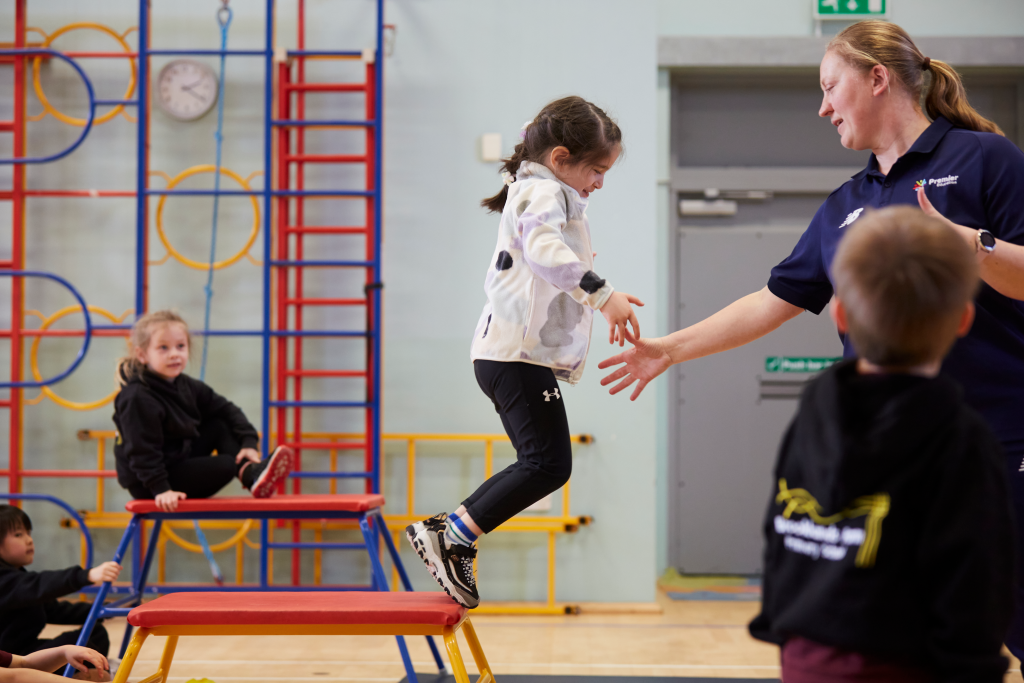
If you choose to outsource your after-school clubs to an external provider, it’s vital that you partner with a company that has Ofsted registration. This is to have full assurance that the provider is subject to inspections and that all of Ofsted’s requirements are being met.
Ultimately, you want anyone at your school to be trusted and reputable, and Ofsted registration is a good indication that the provision has quality at its heart.
You don’t need to register your club with Ofsted if they are run directly by your school, as long as at least one school pupil attends.
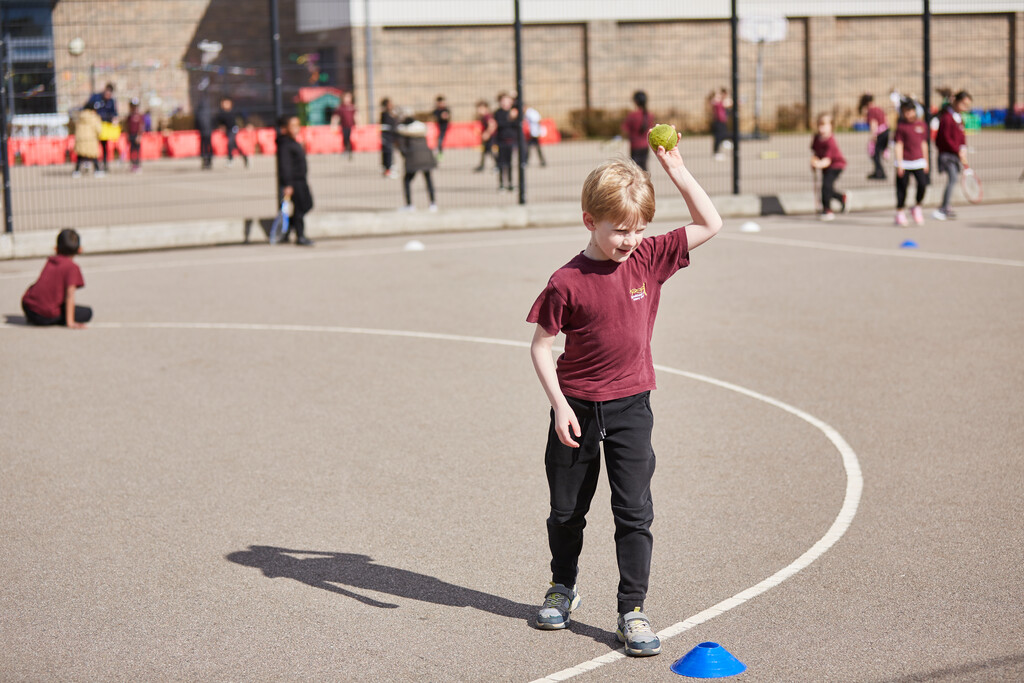
For schools operating in Northern Ireland, Scotland or Wales, please refer to your Ofsted equivalents; The Education and Training Inspectorate, Education Scotland and Estyn, respectively.
What do Ofsted look for in after-school clubs?
Once registered with Ofsted, all after-school clubs must meet inspection criteria and demonstrate good practice.
There are different requirements depending on which of the registers you are part of. A full list of requirements can be found here.
- Safeguarding – all schools must demonstrate that safeguarding is a key part of their provision, and it’s no different for after school clubs. All staff must be DBS checked.
- Ratios – a typical ratio rule of thumb is 1:10 but kids’ ages must be taken in to account.
- Staff training – health and safety knowledge is a must, so at least one member of staff must hold a paediatric first-aid certificate.
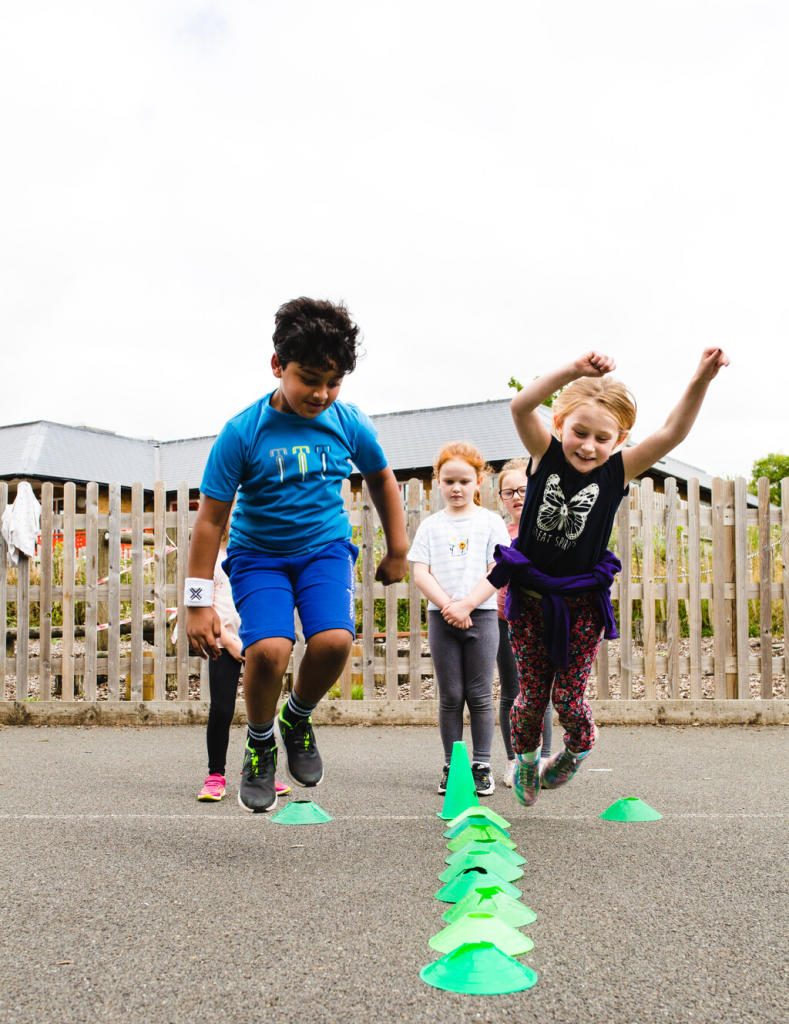
What are the 4 Ofsted categories?
All schools and out of school settings which are on either of the Ofsted registers are inspected periodically. This is so that inspectors can gather information and report their findings to both the setting and to parents and carers, with the aim that any weaknesses or concerning outcomes identified can be rectified to make improvements.
Ofsted bases its inspections on four key judgement areas:
- The quality of education
- Behaviour and attitudes
- Personal development
- Leadership and management
After an inspection has taken place, Ofsted will provide a grading depending on the quality of the assessment, and the grade for each setting will be published. These grades are: Outstanding, Good, Requires Improvement and Inadequate.
The gradings have been designed to be clear and easy-to-understand, and are there to present up-to-date quality guidance on settings. Ofsted also helps schools, childminders, local authorities and training providers with support and guidance around training.
The report is sent to:
- The school headteacher
- The local authority
- The appropriate authority such as the governing body or academy trust (where the local authority is not the appropriate body)
- The body responsible for appointing the foundation governors if the school has them
- Any other designated bodies such as the Department for Education or the Education and Skills Funding Agency.
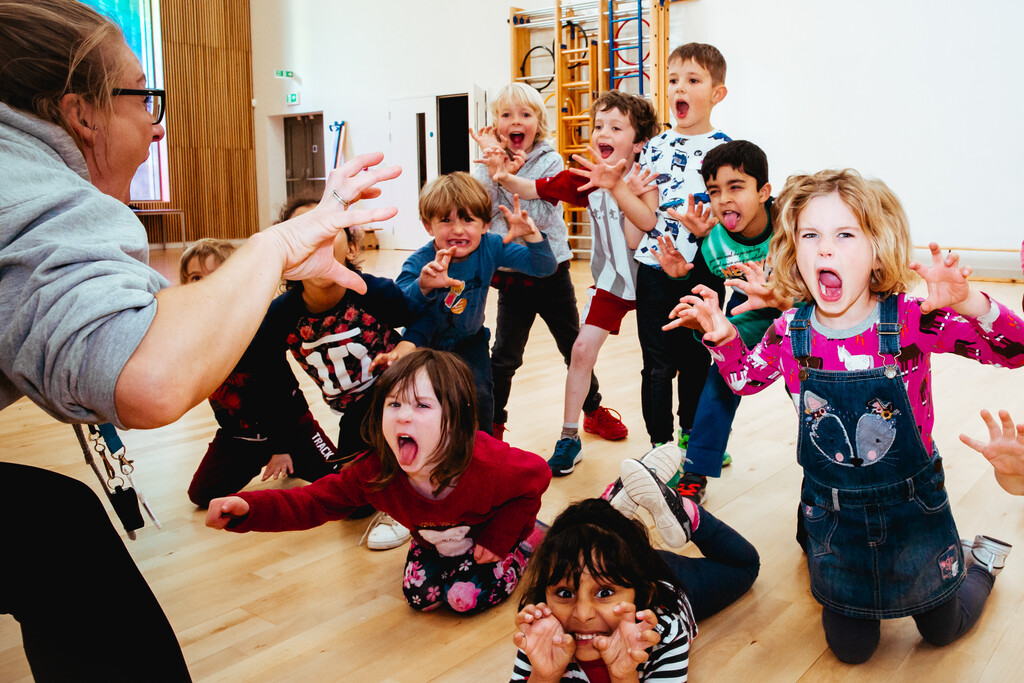
What are the best after-school activities?
Naturally, all children are individual, with their own individual needs and preferences, so offering a variety of after-school clubs and activities to cater to all tastes is a must.
Ideas include:
- Sports clubs: basketball, football, gymnastics, cricket, tennis, karate, fencing, badminton, dodgeball, tag-rugby, netball, yoga
- Arts and crafts: knitting, crochet, painting, sewing, sculpture
- Music: recorder, guitar, violin, flute, trumpet, choir
- Special interest: chess, photography, dance, comic books, coding, board games, drama
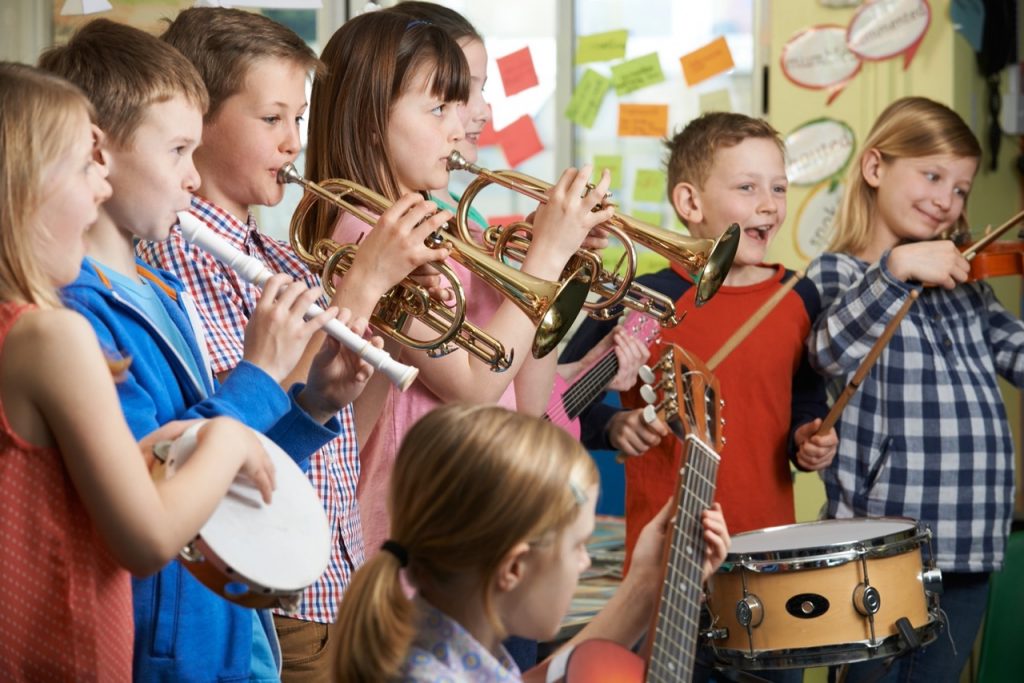
Call us biased, but here at Premier Education, we believe getting active after school is the ideal way to get rid of any excess energy and release any tension from sitting at a desk for much of the day.
That’s why we offer a wide range of Ofsted-registered after-school clubs, or extracurricular activities. Our highly trained activity professionals have expertise in over thirty activities, so finding a fun mix of new and classic sports and activities that will appeal to your pupils is a doddle.
By partnering with us, you can not only maximise your Sport Premium funding but also benefit from programmes developed with National Governing Bodies such as British Gymnastics and the LTA. These unique and fantastic schemes give children a more in-depth focus on a particular sport, and as with all of our after-school clubs, fun is central to them!
We pride ourselves on tailoring experiences to suit your school and its ethos, and we can even go one step further and help initiate links with local clubs or sports associations.

Ultimately, after-school clubs are a fantastic way to help children reach the goal of 60 minutes of activity a day.
The subject of Ofsted compliance is always a headache, but it doesn’t have to be! There is plenty of advice on-hand to make sure any clubs at your school are compliant and successful. If you’re also wondering about the Ofsted requirements for wraparound care, it’s definitely worth taking a look at our blog.
Here at Premier Education, we make sure after-school clubs are run smoothly and reliably, with engaged coaches and fun, diverse sessions. So what are you waiting for? Get in touch with us today to enjoy the numerous benefits of working with an experienced, professional provider. Check out our blog for more information on how to choose an after school club provider.

